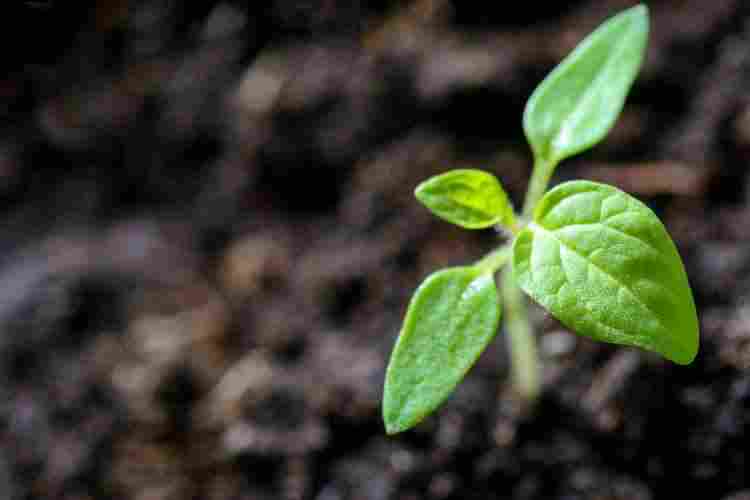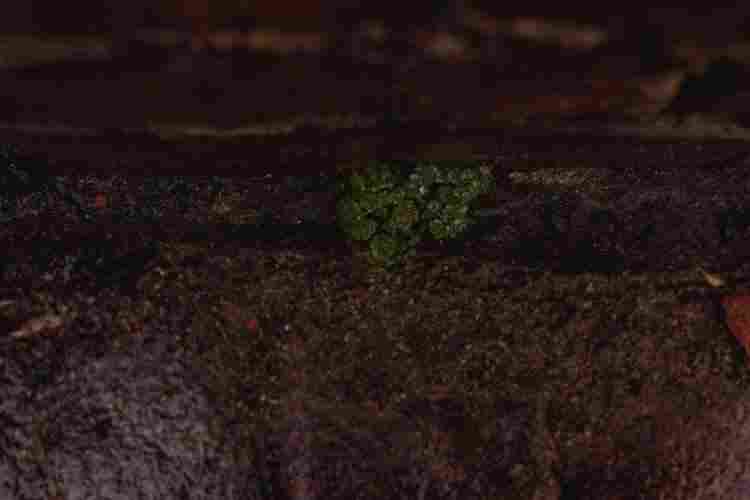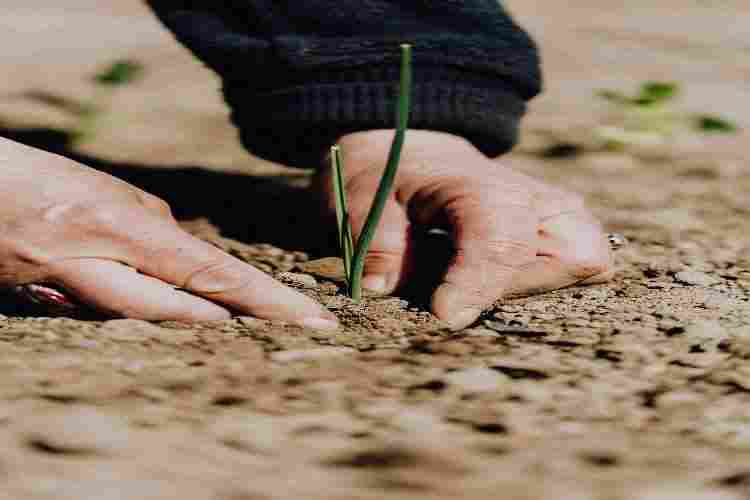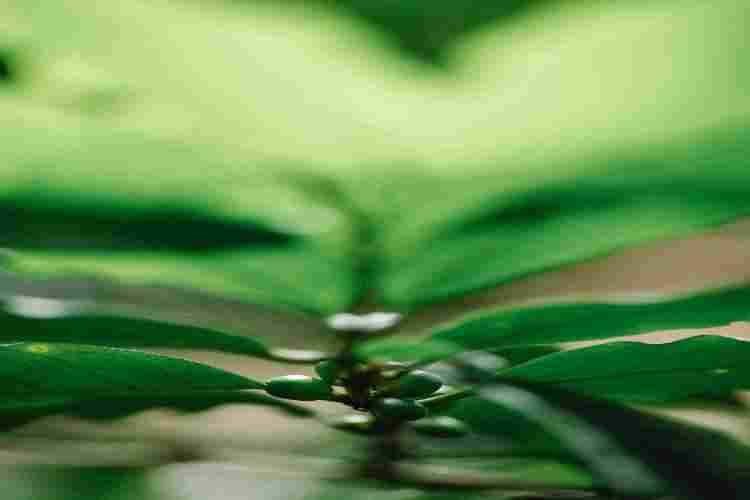
Can we use the coffee ground as plant soil?!!
Coffee grounds are a standard waste product, but did you know they can actually be used as plant soil? Coffee grounds are rich in nitrogen and other nutrients that plants need to thrive, making them an excellent addition to any garden. However, a few things to remember when using coffee grounds as plant soil. For example, coffee grounds can make the soil too acidic for some plants, so it’s essential to use them sparingly. You also want to use something other than fresh coffee grounds, as they can stunt the growth of seedlings. Using them as plant soil is an excellent option if you’re looking for a way to recycle your coffee grounds. Just be sure to research first to ensure it’s the right solution for your garden.
Growing plants is becoming more and more popular with people. This has led to many different contraptions being made to help the plants grow better and be more accessible for their caretaker to grow. One question that often comes up is, can we use coffee ground as plant soil?

Many people ask if they can use coffee ground as plant soil. This article will cover the benefits and dangers of using coffee ground as plant soil.
Yes! Coffee Grounds can be used as plant soil.
Coffee grounds can be used as plant soil, but they should be used in moderation. Too much coffee ground can make the soil too acidic for plants. Coffee grounds can also be used as mulch or compost.
Coffee grounds are an excellent soil amendment for gardens. They can improve drainage and aeration while providing nutrients like nitrogen, phosphorus, and potassium. Plus, coffee grounds can help to increase the population of beneficial microbes in the soil.
There are a few things to remember when using coffee grounds as plant soil. First, ensure the grounds are arid before adding them to the earth. Wet coffee grounds can compact and become anaerobic, harming plant roots. Second, mixing coffee grounds with other soil or amendments is best. This will help to ensure that plants get the nutrients they need and that the coffee doesn’t end up as a weed-suppressing mulch layer on top of the soil.
If you have access to used coffee ground as plant soil, give them a try in your garden!
However, it is essential to consider pH levels and the type of plants you plan to grow.
If you want to add some nutrients to your garden soil, consider using coffee grounds as a natural fertilizer. Coffee grounds are rich in nitrogen and other minerals that can be beneficial for plants. However, it is essential to consider pH levels and the type of plants you plan to grow when using coffee grounds as plant soil.
Coffee grounds have a high acidity level, so they are best suited for plants that thrive in acidic conditions. If you’re growing plants that prefer neutral or alkaline soils, you’ll need to adjust the pH level of the coffee grounds before adding them to your garden. You can mix the coffee grounds with an equal amount of compost or garden soil.
It’s also important to know that not all plants benefit from the added nitrogen in coffee grounds. Nitrogen-loving plants, such as tomatoes and peppers, will thrive when fertilized with coffee grounds. However, other plants, such as most flowers, actually require less nitrogen than what’s found in coffee grounds. Too much nitrogen in the soil can lead to stunted growth and yellowing leaves. If you need to figure out how your plants will react to coffee grounds, it’s best to start with small amounts and see how they respond.
The best time to apply coffee grounds is before planting seeds or transplants.
Coffee grounds can be a great addition to your garden soil, but it’s essential to know when to apply them. The best time to add coffee grounds to your soil is correct before you plant seeds or transplants. This will give the coffee grounds time to break down and provide nutrients for your plants.
If you add coffee grounds to your soil too early, they may need more time to break down and could smother your plants. So make sure you wait until right before planting to add coffee grounds to your garden.
When it comes to planting, timing is everything. Coffee grounds are a great way to do it if you want to give your plants a little extra boost. Make sure you apply them before you plant your seeds or transplants.
Coffee grounds are rich in nitrogen and other nutrients that can help plants grow. They also help improve drainage and aeration in the soil, which is essential for young plants. Coffee grounds also act as mulch, helping to keep moisture in the soil and suppress weeds.
So if you’re looking for something extra to give your plants a head start, coffee grounds are definitely worth a try. Just remember to apply them at the right time!
A few benefits of using coffee grounds as fertilizer in your garden are that they provide nitrogen, potassium, magnesium, and other nutrients.
There are a few benefits to using coffee ground as plant soil in your garden. Coffee grounds provide nitrogen, potassium, magnesium, and other nutrients that can benefit plants. Nitrogen is an essential nutrient for plant growth and development, and coffee grounds can provide a good source of this nutrient. Potassium is another important nutrient for plants, and coffee grounds can offer a good source of this nutrient. Magnesium is another essential nutrient for plant growth and development, and coffee grounds can provide a good source of this nutrient.
Coffee grounds are a rich source of nitrogen, potassium, magnesium, and other nutrients that can help your plants grow. Using coffee ground as plant soil can improve drainage and aeration in your garden soil, and they can also help to suppress weeds.
If you add used coffee grounds to your compost pile, they will help to speed up the decomposition process. Coffee grounds can also be used as a mulch around your plants.
It is not recommended to use coffee grounds when you’re growing acid-loving plants or citrus trees.
Coffee grounds are often touted as a wonder ingredient for gardens and plants, but there are some drawbacks to using them, especially when it comes to acid-loving plants or citrus trees. Coffee grounds can make the soil too acidic for these plants, leading to stunted growth or even death. If you’re growing acid-loving plants or citrus trees, it’s best to steer clear of coffee grounds and look for other organic matter to use in your garden.
When it comes to coffee ground as plant soil, there is a bit of controversy. Some people swear by using coffee ground as plant soil, while others claim it can harm your plants. So, what’s the truth?
Coffee grounds indeed contain a lot of nutrients that can be beneficial for plants. However, coffee grounds are also quite acidic. This can be problematic for certain plants, especially acid-loving or citrus trees.
If you need to figure out whether or not your plant would do well in coffee grounds, it’s best to err on the side of caution and avoid using them. Plenty of other ways to fertilize your plants without resorting to coffee grounds.
What is a coffee ground?
Coffee grounds are the leftover coffee beans roasted, ground, and brewed. They can be used as a fertilizer or mulch in gardens and potted plants. Coffee grounds are rich in nitrogen and other minerals that can benefit plants. However, they can also contain harmful compounds like caffeine and oils that can be toxic to plants. Use coffee grounds in moderation, and always test them on a small area of your plant before using them more broadly.
The benefits of using the coffee ground as plant soil
There are a few benefits to using the coffee ground as plant soil. For one, coffee grounds contain nitrogen, an essential nutrient for plants. Coffee grounds also help to aerate the soil and improve drainage. Also, coffee grounds can help suppress weeds and keep pests away from your plants.
How to use the coffee ground as plant soil
Coffee grounds are rich in nitrogen, making them great for plants. To use the coffee ground as plant soil, simply mix the coffee grounds with your regular potting mix. You can also add coffee grounds to compost to help speed up the decomposition process.

Disadvantages of using the coffee ground as plant soil
1. Coffee grounds can make the soil too acidic for some plants.
2. Coffee grounds can attract animals and pests.
3. Coffee grounds can inhibit the growth of some plants.
4. Coffee grounds can contain harmful chemicals.
Conclusion
Coffee ground as plant soil!! As it turns out, coffee grounds can be used as plant soil with a few caveats. It is best to use coffee ground that is free of pesticides and herbicides, and they should be mixed with other types of soil to create a well-rounded planting environment. The coffee ground can also be acidic, so it is essential to consider that when choosing plants that will thrive in this type of soil. With some planning, you can use coffee grounds to create a healthy and sustainable planting environment for your favorite plants.



